tile & Stone
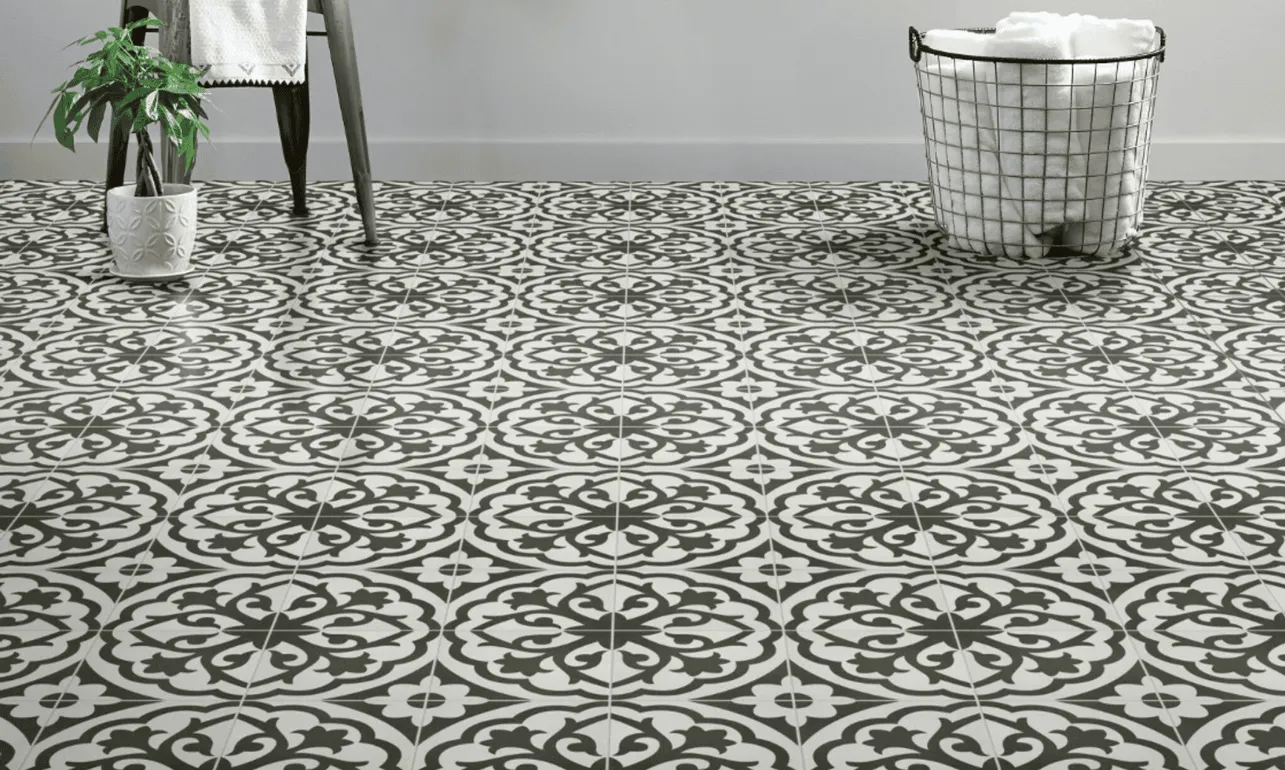
CLEANING Floor:
PORCELAIN TILE
Daily Maintenance: Regularly sweep or vacuum to remove dirt and debris that can scratch the surface.
Mop with Warm Water: Use a damp mop with warm water to keep the surface clean and prevent dirt from sticking.
Deep Cleaning: Use a pH-neutral Cleaner: Use a cleaner specifically designed for porcelain tiles for deeper cleaning. Avoid harsh chemicals like ammonia or bleach, as they may damage the grout or tile surface.
Microfiber Mop or Soft Cloth: Avoid abrasive materials. Use a microfiber mop or soft cloth to prevent scratching.
Avoid: Oil-based or wax cleaners, which can leave a residue that dulls the finish.
Harsh Scrubbers: Steel wool or hard-bristle brushes can scratch the porcelain surface.
CLEANING NATURAL STONE
Daily Maintenance: Dirt and grit can scratch the surface, so frequent sweeping or dry mopping is essential.
Careful with Water on Unsealed Stone: Use a damp mop instead of a wet mop.
Deep Cleaning: pH-Balanced Stone Cleaner: Always use a pH-balanced cleaner specifically formulated for natural stone. Acidic cleaners (like vinegar or lemon) can etch the stone's surface.
Soft Cloth or Sponge: Use non-abrasive tools to clean the stone to avoid surface damage.
Sealing: Periodic Sealing: Natural stone should be sealed to prevent moisture absorption and staining. The frequency depends on the type of stone, usage, and exposure to water and other elements.
Avoid Harsh Chemicals: Acidic or alkaline cleaners can damage stone. Avoid bleach, ammonia, or anything acidic.
Scrubbing Pads: Abrasive pads can scratch the surface of natural stone.
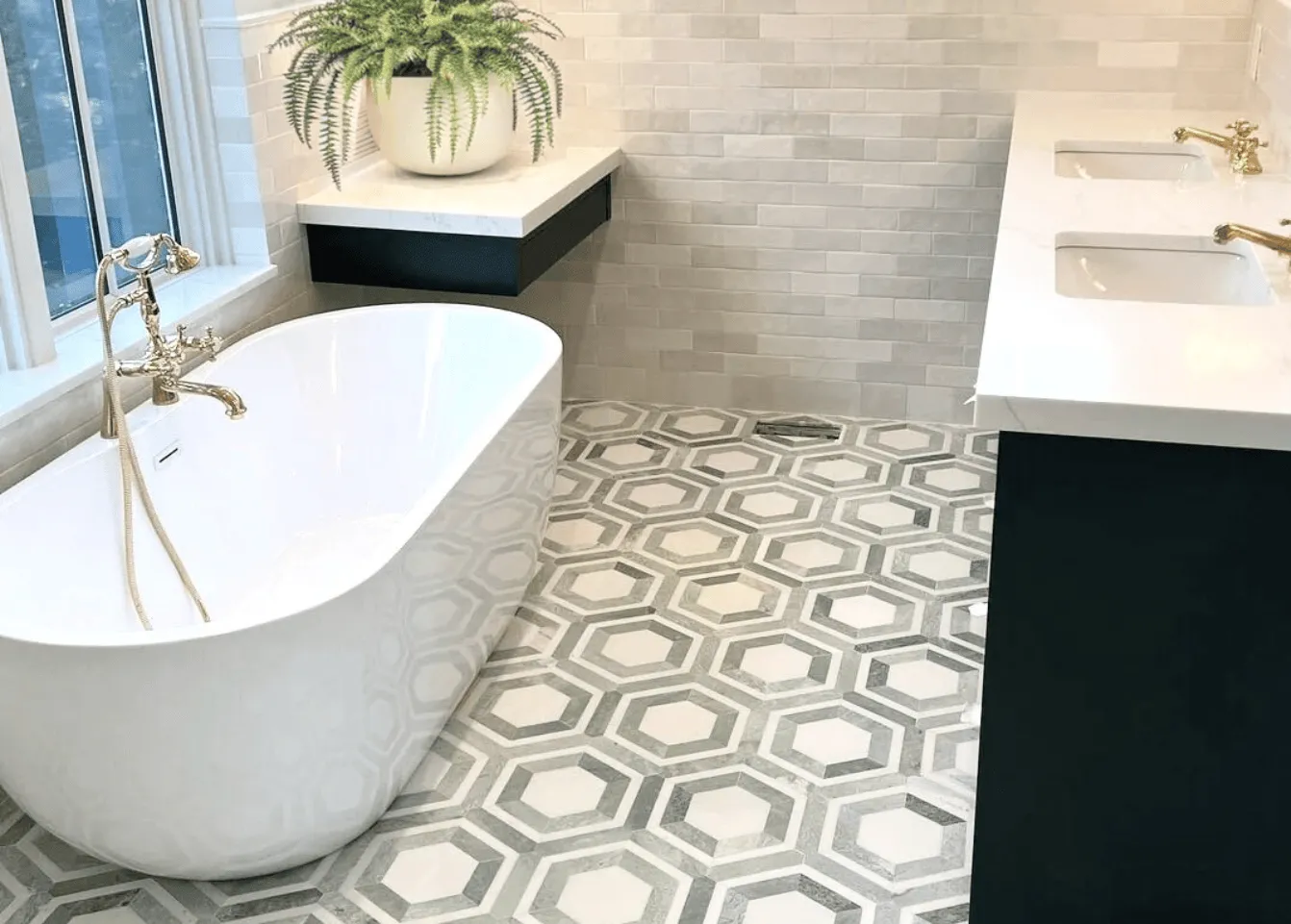
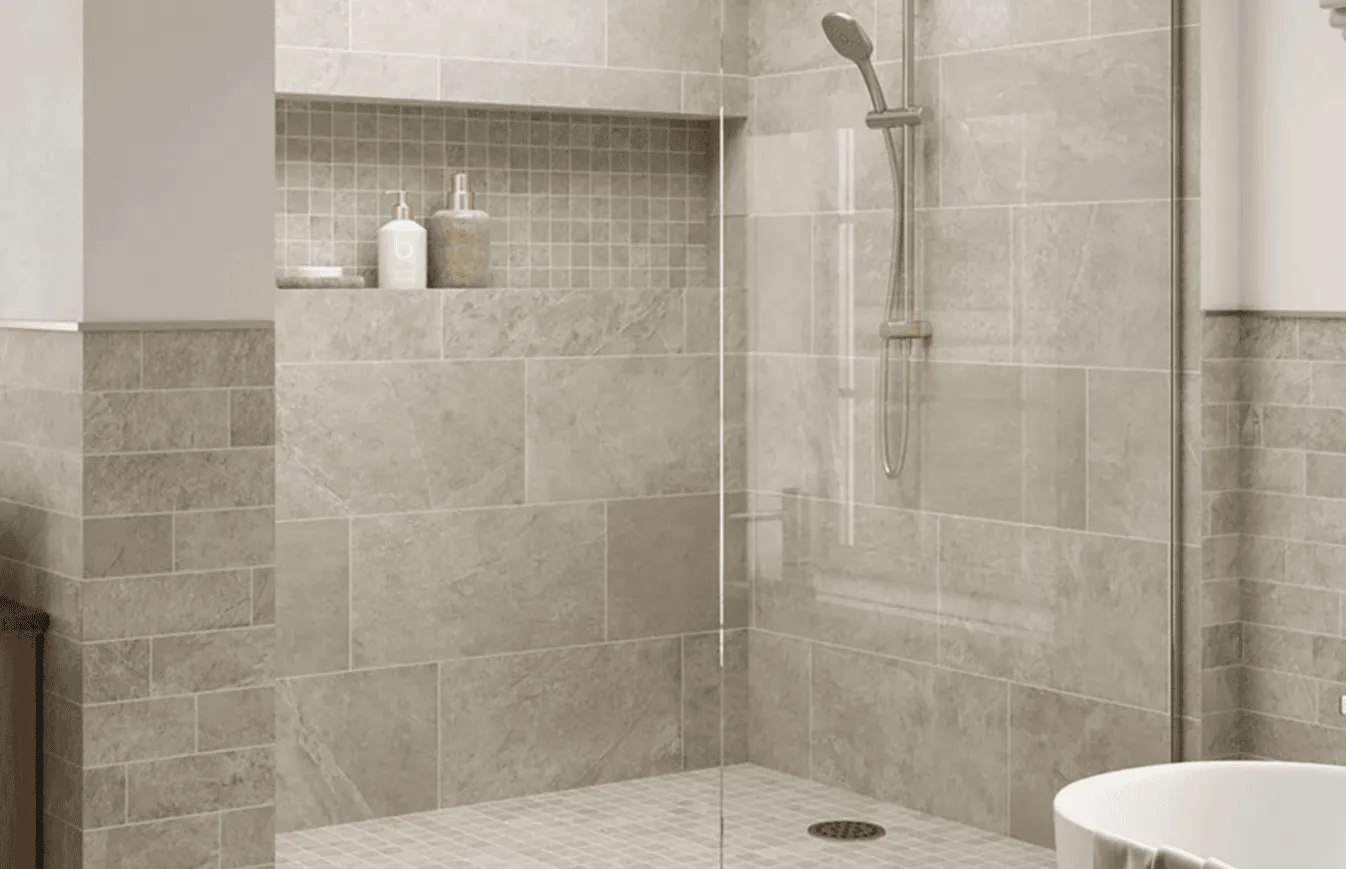
CLEANING PORCELAIN TILE
Daily Maintenance: Wipe Down After Use: Use a squeegee or microfiber cloth to wipe down tiles after every shower to prevent water spots and soap scum buildup.
Ventilation: Keep the bathroom well-ventilated to prevent mold and mildew.
Deep Cleaning: Non-Abrasive Cleaner: Use a mild, non-abrasive cleaner to remove soap scum and mineral deposits.
Grout Cleaning: Clean the grout with a brush and grout cleaner. For stubborn stains, apply a solution of STONETECH KlenzAll Cleaner to the damp grout, let it sit for a few minutes, and then scrub with a nylon pad. Repeat if necessary
Avoid Hard Water Build-Up: If you have hard water, use a descaling product regularly to avoid mineral buildup.
Abrasive Scrubbers: Like floors, avoid using hard scrubbers on porcelain shower tiles.
CLEANING SHOWER:
NATURAL STONE
Daily Maintenance: Wipe Dry After Each Use: Use a squeegee to remove excess water after every shower, which helps to prevent mold and mildew.
Avoid Standing Water: Ensure the stone doesn’t sit in water for long periods to avoid water stains.
Deep Cleaning: Stone-Safe Cleaners: Use cleaners specifically formulated for natural stone. Acidic or abrasive cleaners can damage stone.
Mold Prevention: Use a stone-safe mold and mildew cleaner if necessary.
Seal Regularly: Because stone is porous, it should be sealed regularly to resist water, soap scum, and mildew. Check the seal every few months to ensure it's intact.
Avoid Harsh Chemicals: Avoid using vinegar, lemon, or other acidic cleaners that can damage the stone's finish.
Scrubbing Pads or Brushes: Just like on floors, avoid anything abrasive that could scratch or dull the stone.
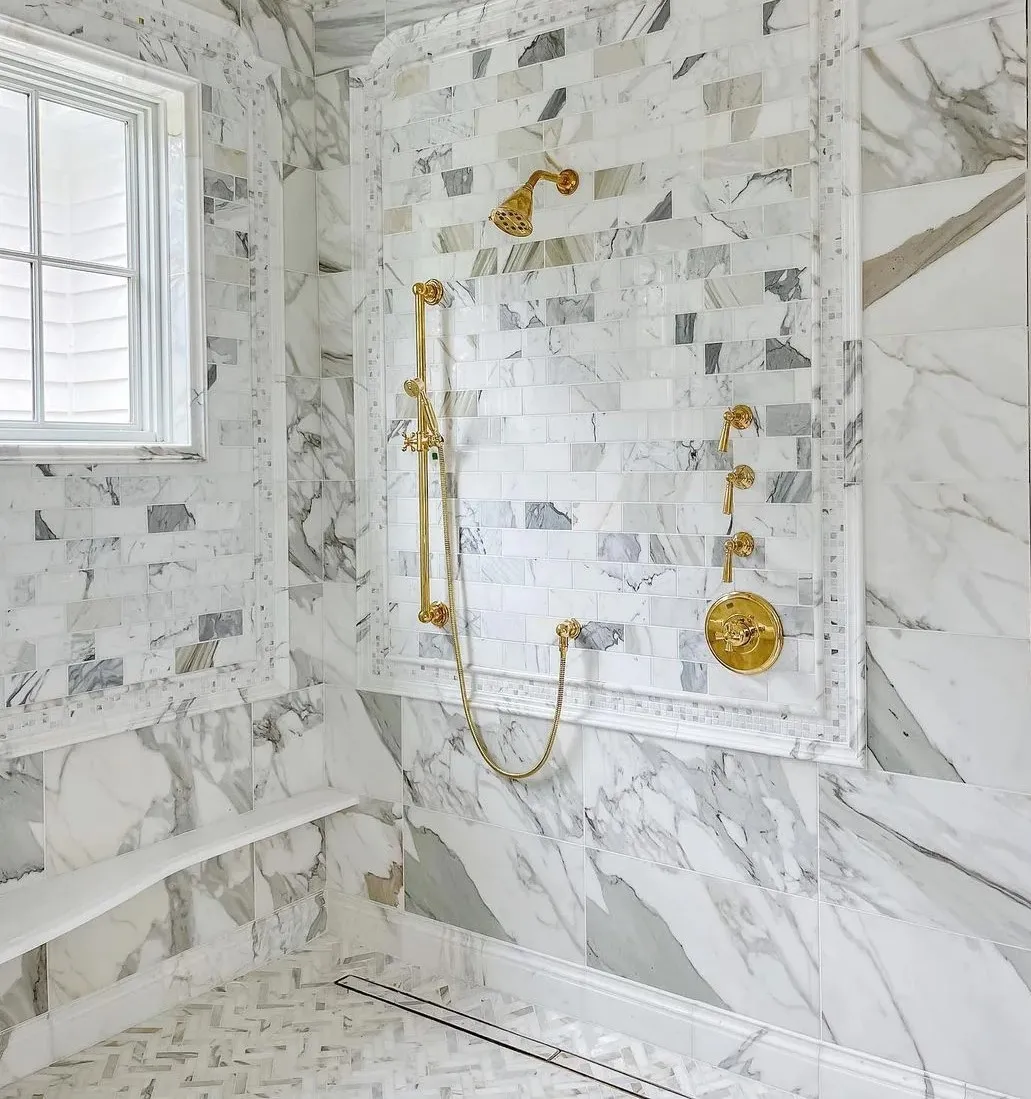
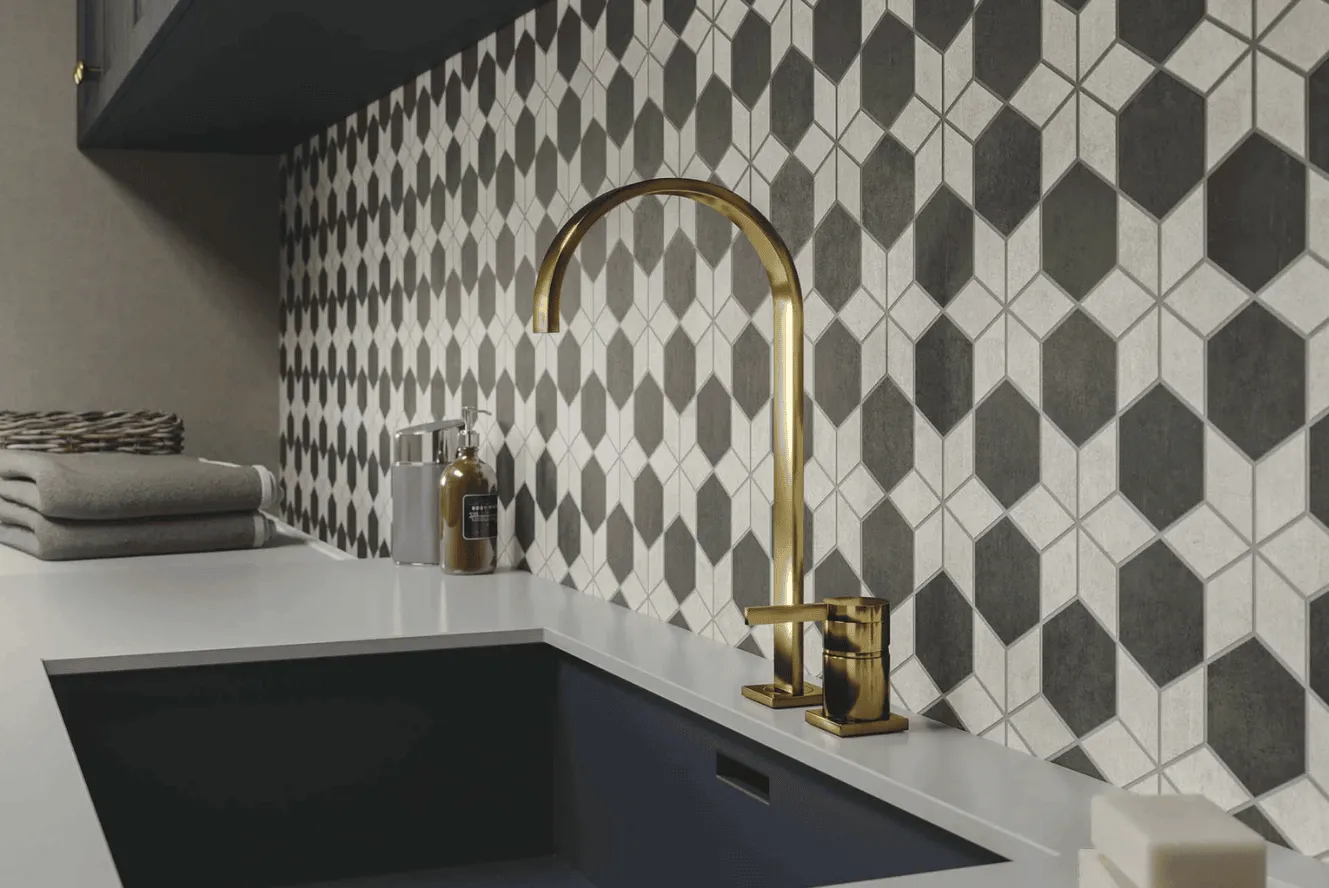
CLEANING BACKSPLASHES: PORCELAIN
Daily Maintenance: Regular Dusting: Use a dry microfiber cloth or a duster to remove dust and prevent buildup.
Damp Wipe: Clean with a damp cloth using warm water to remove light dirt or smudges. A simple wipe-down keeps tiles looking fresh.
Mild Cleaners: Use a pH-neutral or tile-safe cleaner for deeper cleaning. Harsh chemicals like bleach or acidic cleaners can cause damage over time.
Soft Scrub Brush: For tougher spots, use a soft brush to gently scrub without scratching the tile surface.
Avoid Oil-Based Cleaners: These can leave residue and attract dirt.
Abrasive Pads: These may scratch and dull the tile’s finish.
CLEANING BACKSPLASHES: NATURAL STONE
Daily Maintenance: Wipe down the backsplash with a damp cloth after cooking or food prep to prevent grease and food stains from setting.
Use Mild Soap: A few drops of mild dish soap on a damp sponge will easily cut through grease and keep the surface clean.
Deep Cleaning: Use a stone-safe pH-neutral cleaner specifically formulated for natural stone to prevent etching and staining.
Soft Brush for Grout Lines: Clean grout with a soft brush and a grout cleaner to remove any discoloration or grime.
Sealing for Natural Stone: Natural stone backsplashes should be sealed regularly to prevent stains from food splatters, oil, and water. Check periodically to ensure the seal is intact.
Avoid Harsh Chemicals: Avoid acidic or abrasive cleaners on natural stone, as they can etch or damage the surface.
Scrubbing Pads: Use non-abrasive cloths or sponges to prevent scratching.
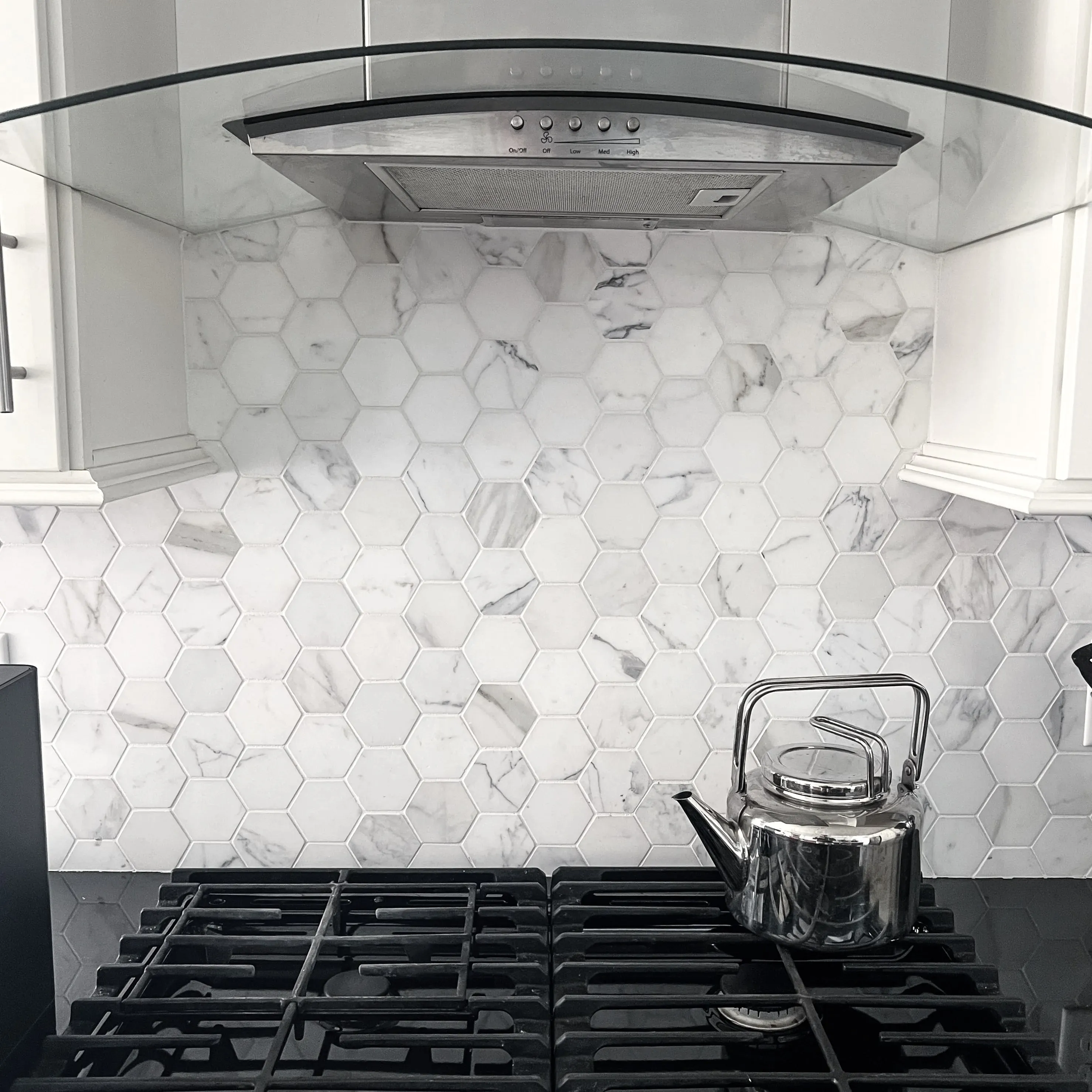
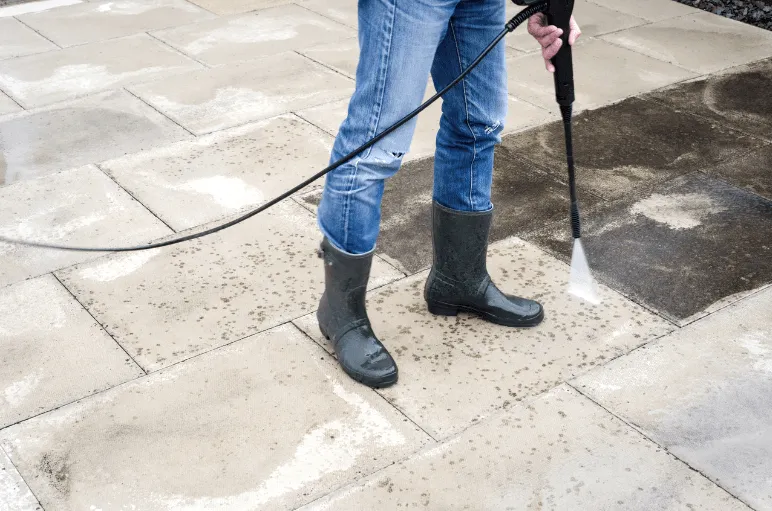
CLEANING OUTDOOR
TILE & STONE
Routine Maintenance: Sweep or hose off debris regularly to prevent dirt buildup.
Deep Cleaning: Use a mild detergent or a tile-specific cleaner diluted with water. Scrub gently with a soft-bristled brush or mop.
Pressure Washing: Porcelain tiles are pressure-washer safe, but use a low to medium setting to avoid damaging grout lines.
Avoid Harsh Chemicals: Avoid acidic or oil-based cleaners as they can damage grout or leave unwanted residue. Metal scrubbers can scratch the tile surface.

Our Processes!
Want to know what to expect and learn more about how we do things from start to finish?
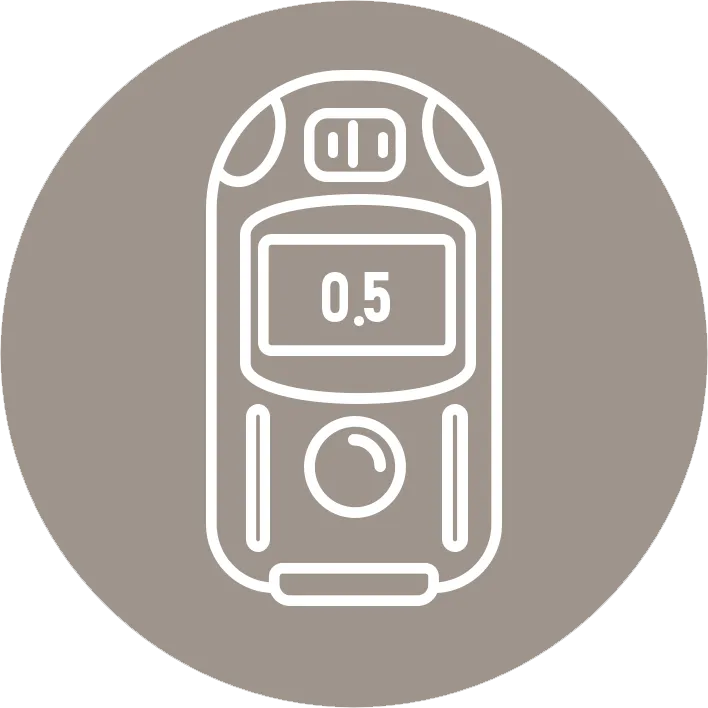
In-Home Measure
In order for us to understand the full scope of your project, we’ll need to come to your home to take exact measurements. This step is a must to be able to accurately advise and quote you!
SHOWROOM VISIT
We've got your back! Our seasoned experts are here to save the day.

